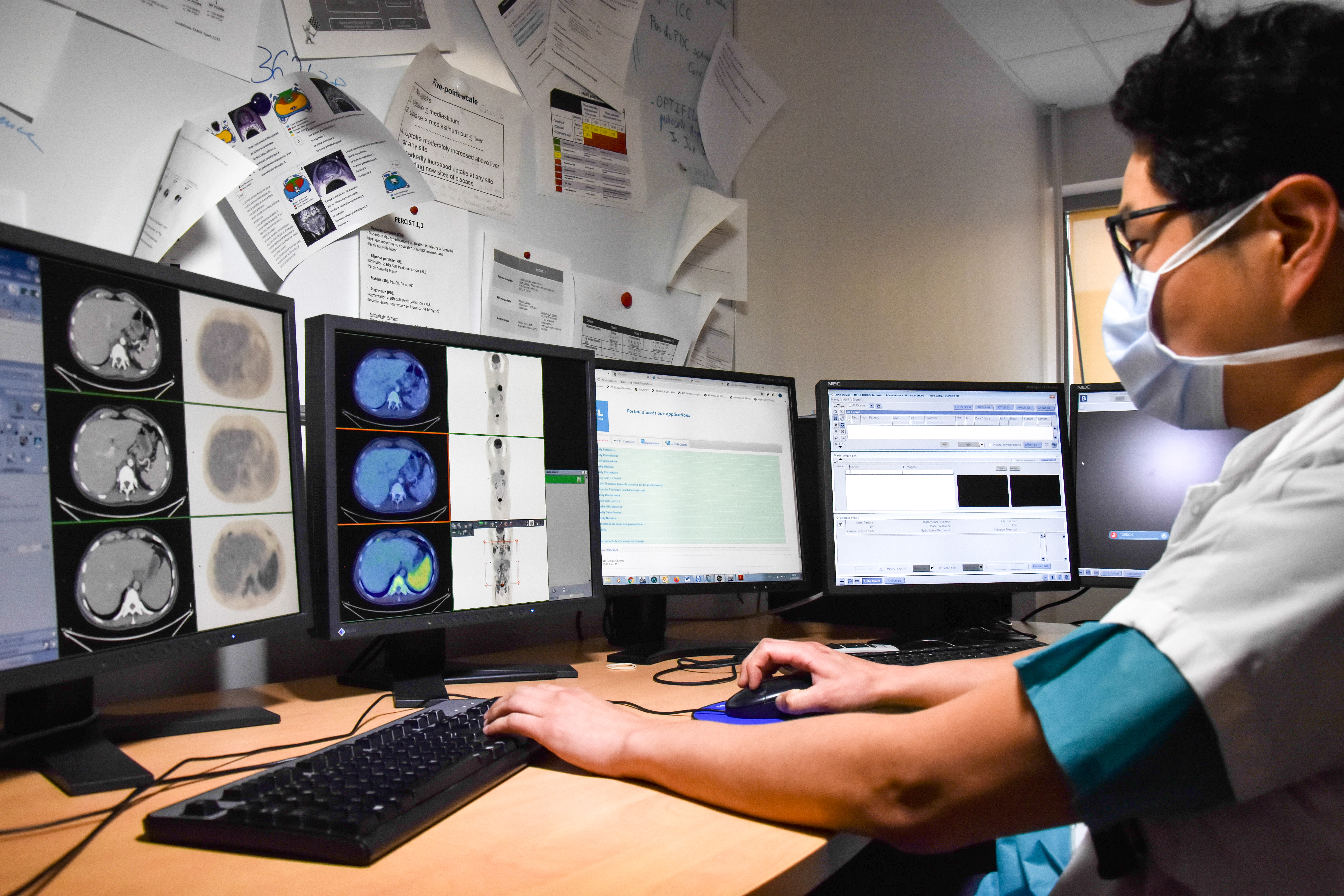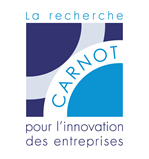Owkin and CALYM Carnot Institute Launch a Collaboration to Advance Lymphoma Research with Artificial Intelligence

<p> Owkin, a startup that deploys AI and Federated Learning technologies to augment medical research and enable scientific discoveries, announces a collaboration with Lymphoma research consortium CALYM Carnot Institute. This engagement was formed to leverage high-quality datasets from LYSARC, member of CALYM Carnot Institute, as well as Owkin’s pioneering technologies and research platform, to advance clinical research and drug development for the benefit of patients.</p> <p> Researchers at CALYM Carnot Institute, led by Dr Bertrand Nadel, General Manager, will team up with Owkin to develop and validate multiple predictive machine learning models based on digitized histology slides from LYSARC clinical trials. This collaboration will focus on diffuse large B-cell lymphoma, the most common type of non-Hodgkin Lymphoma in adults (30-40%). The disease is known to be very heterogeneous with 60% of patients who respond to a treatment regimen known as R-CHOP and 40% of patients that are either refractory from the outset or relapse early. In this context, a better characterization of patients is important to optimize treatment assignment. This collaboration aims at better classifying DLBCLs into different subtypes based on deep learning models trained on digital pathologyimages. Built around data coming from clinical trials performed by the LYSA and LYSARC, and Owkin machine learning platform, this project will benefit from the complementarity of expertises of CALYM members in clinical and anatomopathology research and of Owkin in data science. A second research project will focus on synthetic control arm, and, more precisely on the evaluation of debiased machine learning methods to estimate the average treatment effect.</p> <p> “For CALYM Carnot Institute, data sharing logic is essential. In this type of consortium, it is necessary to function as an ecosystem and to complement each person's expertise. The issue of lymphoma characterization and treatment requires the analysis of data of multiple origin and nature. These data can be clinical, biological, medical imaging, anatomopathological, genetic data…” says Emmanuel Gomez, Research and Development Director at CALYM Carnot Institute. “The challenge is to decompartmentalize medical, technical and scientific specialties. To do this, we have to think in networks and adopt the logic of data sharing. That is why we, at CALYM Carnot Institute, are excited to start this new collaboration with OWKIN and join our forces to the Owkin Loop.”</p>

